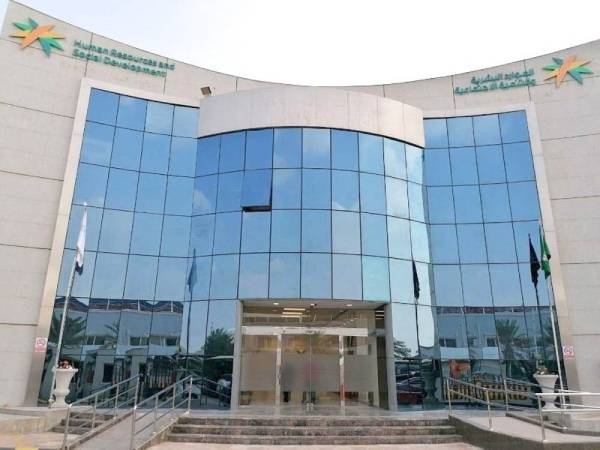
The Ministry of Human Resources and Social Development announced that as many as 51,730 foreign workers and 29,175 establishments have benefited from the ministry’s Labor Reform Initiative (LRI) during a period of less than six months.
The initiative, which applies to all expatriate workers in private sector establishments, came into force on March 14 this year with the aim to improve the contractual relationship between employers and employees.
The LRI provides several services, including job transfer (transfer to another employer), exit/reentry, and final exit that are available via Absher and Qiwa platforms. The initiative seeks to increase the flexibility, effectiveness and competitiveness of the labor market in line with the best international practices.
The ministry has documented 3,610,880 electronic contracts for about 152,810 establishments since the launch of the electronic contract documentation program, which contributed to preserving the rights of establishments and their employees, in addition to reducing labor disputes and issues.
During the first half of 2021, the ministry had scored many achievements related to its work strategy and the Kingdom"s Vision 2030 across its various sectors.
In the labor sector, the ministry managed to empower Saudis with achieving the self-employment target by 140 percent with issuing 8,140 work documents, which had a positive impact on organizing and stimulating self-employment in the Kingdom by creating job opportunities for Saudi men and women.
With regard to increasing the workforce participation and inclusiveness, the ministry launched the Updated Nitaqat Program that supports job stability for employees in the private sector, which is expected to generate more than 340,000 jobs until 2024.
It also started implementing the decision to calculate the minimum wage in Nitaqat Saudization Program and the special categories with a ceiling of SR4,000. This will contribute to enhancing productivity per capita, as it is expected to have a positive impact on increasing the attractiveness of the private sector for Saudis.
The ministry approved making the provision of insurance as mandatory element of domestic labor contracts through issuing insurance policy for domestic workers who are hired to work in the Kingdom against the risks of non-compliance with the rights and duties either by the employer or the domestic worker.
This document also covers several benefits, most notably compensation for the employer to meet the expenses for hiring an alternative domestic worker and compensation to the worker in the event of his permanent or partial disability.
The ministry approved the Wage Protection Program for domestic workers through Musaned platform to monitor wage disbursement process by obligating the employer to transfer wages of domestic workers through several digital and electronic channels.
It also approved an insurance product related to the rights and entitlements of workers in private sector establishments, which aims to guarantee the rights and entitlements of non-Saudi workers in private sector establishments in the event of the failure or inability of their establishments to pay these rights as per the specific benefits spelled out in the insurance policy. The state bears all the costs toward implementing the insurance product program.
The ministry has activated the Business Establishment Support Program through the Qiwa platform, where more than 53,000 establishments have benefited from it. Under the program, the process of obtaining work visas takes only less than a day instead of an average of 9-13 months in the past.
Also, the ministry has launched a professional verification program that aims to obligate professional expatriate workers to obtain a professional verification certificate by sitting for practical and theoretical tests within the Kingdom and abroad.
The ministry has added 120 professions that fall under six new specializations within the framework of this program, the first phase of which is being implemented in the current month of September.












